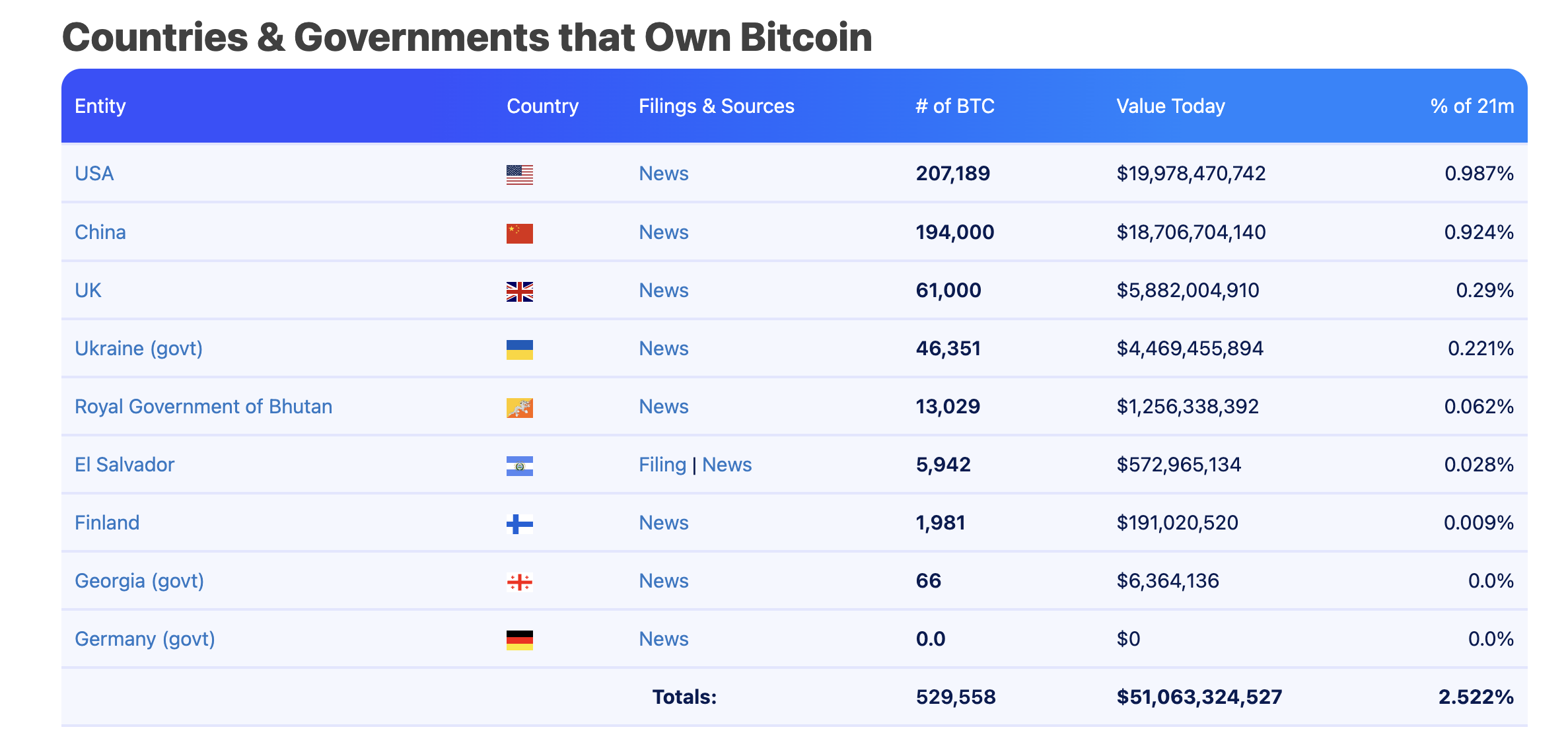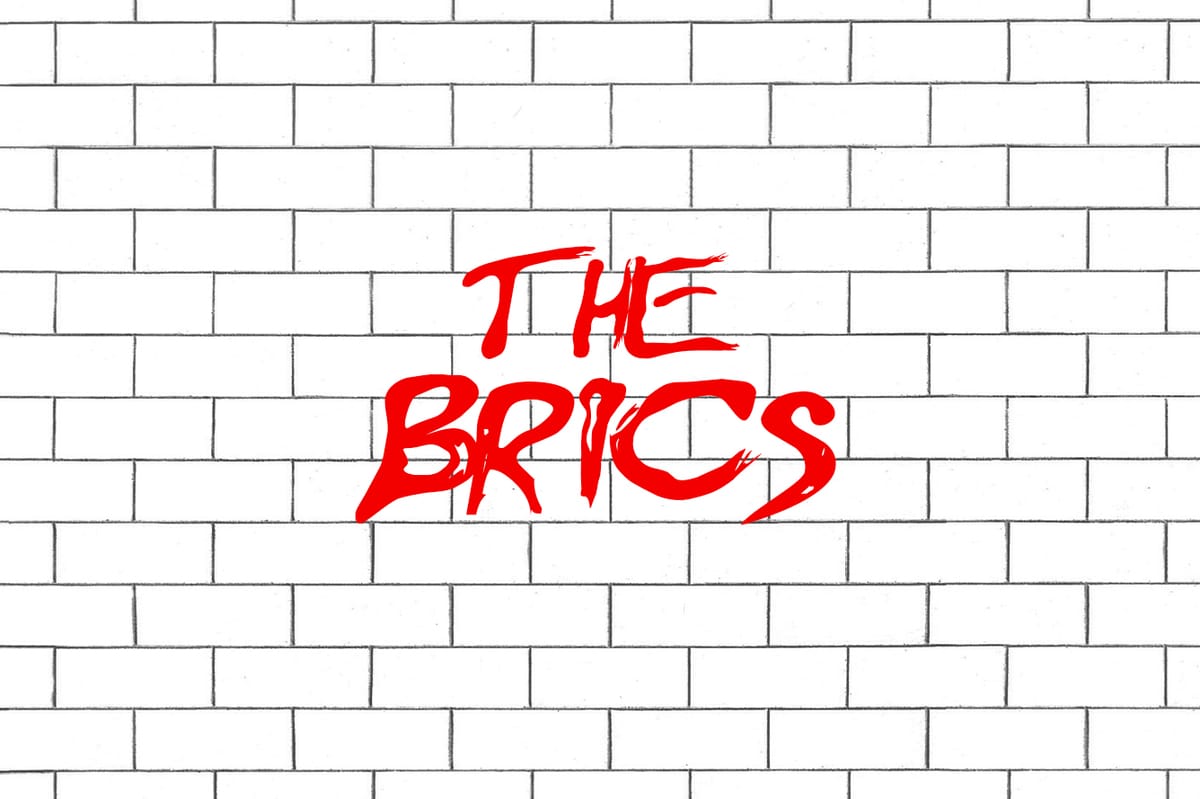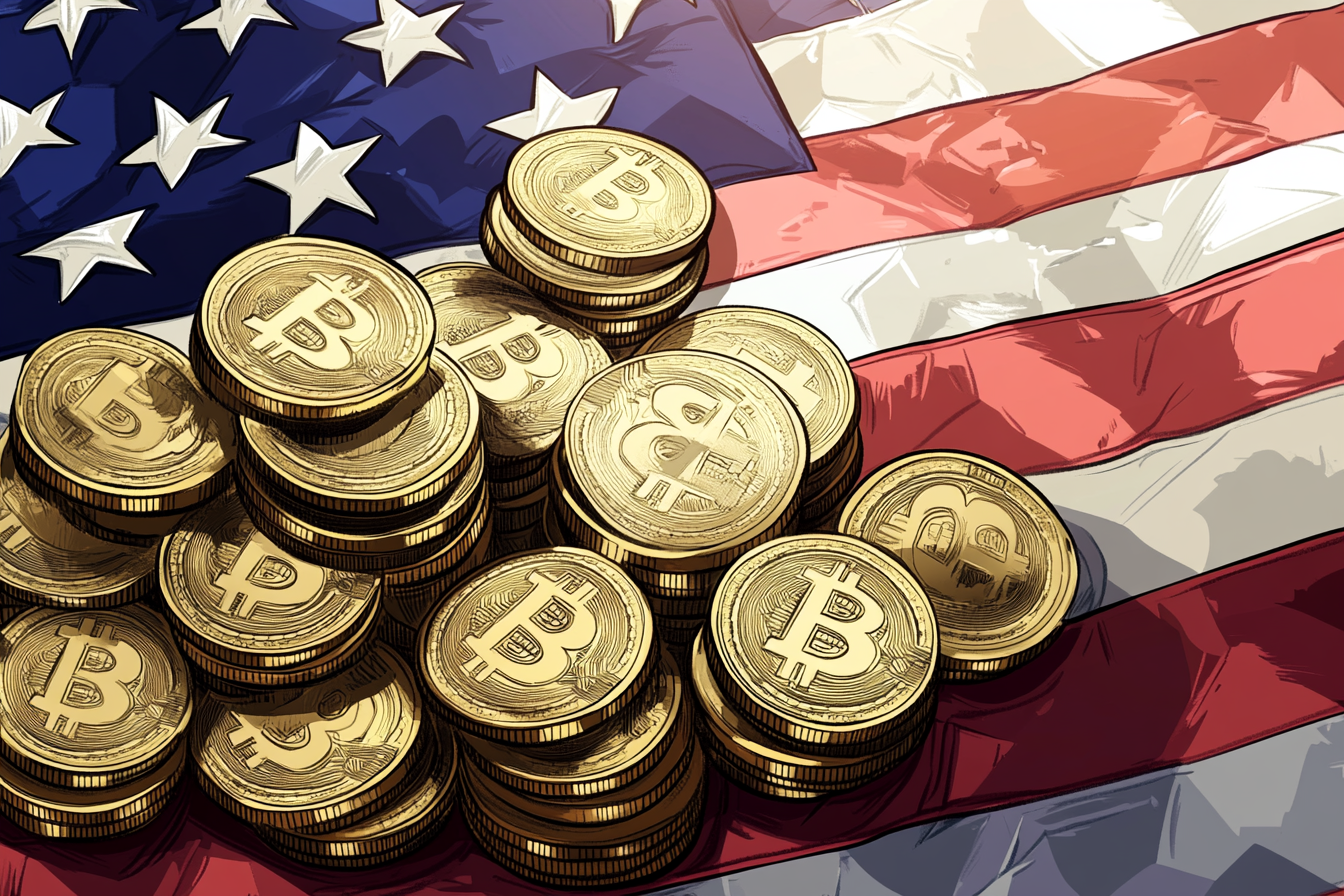Table of Contents
Russia may join the ranks of nation-states leveraging Bitcoin for strategic purposes, as Anton Tkachev, a State Duma deputy from the New People party, formally proposed creating a national Bitcoin reserve, according to a report in state news wire RIA Novosti on Monday.
The proposal, directed to Finance Minister Anton Siluanov, highlights Bitcoin’s potential as a hedge against sanctions, a financial stabilizer, and a lucrative investment vehicle amid ongoing geopolitical and economic uncertainty. Tkachev also pointed to Bitcoin’s role in enabling international trade, especially for nations with limited access to traditional payment systems.
The proposal aligns with the nation’s broader strategy to counter sanctions and assert financial independence through decentralized digital assets and emerges in the wake of recent remarks by President Vladimir Putin, who lauded Bitcoin's technological and financial inevitability. Speaking at the VTB Investment Forum last week, Putin emphasized that “nobody can ban Bitcoin,” framing it as a necessary evolution in global finance.
BREAKING: 🇷🇺 Russian President Putin says "Who can ban #Bitcoin? Nobody." pic.twitter.com/6mJ664BZZ8
— Bitcoin Magazine (@BitcoinMagazine) December 4, 2024
His administration has implemented laws exempting cryptocurrency mining from VAT, recognizing digital currencies as property, and allowing the central bank to pilot cross-border transactions in crypto.
Recent legislative efforts have further cemented Russia’s commitment to cryptocurrency. In addition to exempting crypto mining from VAT, the government established tax frameworks for individuals and corporations transacting in digital assets. These steps aim to create a controlled yet supportive environment for cryptocurrencies, positioning Russia as a significant player in the digital economy.
Bitcoin as a Geopolitical Asset
Tkachev’s proposal underscores the unique advantages of Bitcoin over traditional reserve assets like the US dollar, euro, and Chinese yuan.He argues that traditional reserves are increasingly subject to sanctions, inflation, and volatility. Bitcoin, as a decentralized and borderless asset, offers a degree of immunity to these challenges, making it a compelling choice for Russia’s strategic interests.
“With limited access to international payment systems, cryptocurrencies are becoming virtually the only tool for international trade,” Tkachev wrote. He emphasized Bitcoin’s dual role as a store of value and an asset with high return potential, noting its price surge to $100,000 this month.
A Broader Shift Among Nation-States
If implemented, Russia’s move would align with a growing trend among governments exploring Bitcoin as a financial and strategic asset. El Salvador pioneered this approach by making Bitcoin legal tender in 2021 and establishing a national Bitcoin reserve to stabilize its economy and promote investment. The Central African Republic followed suit, integrating Bitcoin into its monetary system to enhance financial inclusion.

US President-elect Donald Trump has also promised to establish a Bitcoin strategic reserve for the United States, with Senator Cynthia Lummis of Wyoming suggesting to acquire a significant stake in the total Bitcoin supply through a 1-million-unit purchase program over a set period.
Russia’s exploration of a Bitcoin reserve comes amid ongoing sanctions and economic pressures from Western nations. By adopting Bitcoin, the country could create an alternative means of trade settlement and reserve diversification while signaling a broader pivot toward decentralized financial instruments.
While the proposal remains in its early stages, its emergence reflects the shifting global financial landscape. Digital assets, once dismissed as speculative, are increasingly viewed as tools of economic and strategic significance by governments and corporations alike. Whether Russia’s strategic Bitcoin reserve materializes or not, the very discussion signals Bitcoin’s growing role in shaping the future of finance.
As Russia experiments with cross-border crypto settlements, Tkachev’s proposal could pave the way for a deeper role for Bitcoin in the nation’s economic strategy.















